Christopher Nolan’s Inception (2010) is generally considered one of the greatest science fiction movies ever made. With its mind-bending plot, stunning visuals, and deep philosophical undertones, it continues to spark controversy even after more than a decade. But is it actually deserving of all the praise, or is it merely overhyped? In this review, we’ll break down Inception’s plot, cinematography, acting, music, and its controversial ending to determine whether it’s a masterpiece or just another Hollywood blockbuster.
Plot Overview (No Spoilers)
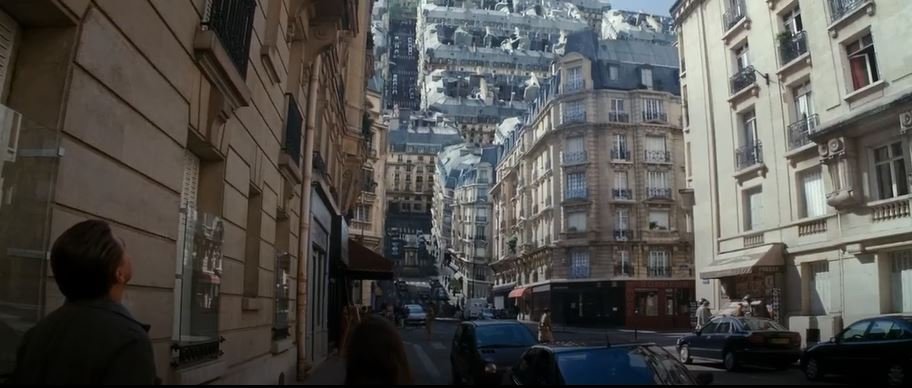
Inception follows Dom Cobb (Leonardo DiCaprio), an international thief with the best skill in the business: stealing secrets from people’s subconscious while in the dream state. Given the chance to clear his name, Cobb must perform the impossible—get someone pregnant with an idea, a trick called inception. As Cobb and his team journey deeper into the dream worlds, reality is blurred, leading to one of the most mind-bending experiences ever on screen.
What sets Inception apart is the way it combines sci-fi, action, and psychological thriller genres into one, thrilling story. The stakes are high, and the film keeps viewers on the edge of their seats, wondering what is real and what is not.
The Mind-Bending Concept: Too Complex or Genius ?

Nolan’s storytelling is always intricate, and *Inception* takes it to the next step with its nested dream narrative. The idea of dreams inside dreams, where every level of dream progresses at a different speed, is fascinating and also frustrating. For some, this makes the movie a work of genius; for others, it’s maddening. But Nolan is very good at keeping the audience engaged with carefully placed exposition and visual narrative.
Unlike most sci-fi movies, Inception makes its viewers think. Every aspect is important, from the top spinning totem to the concept of limbo. This depth of detail makes it one of the most debated films ever.
Visual Effects & Cinematography
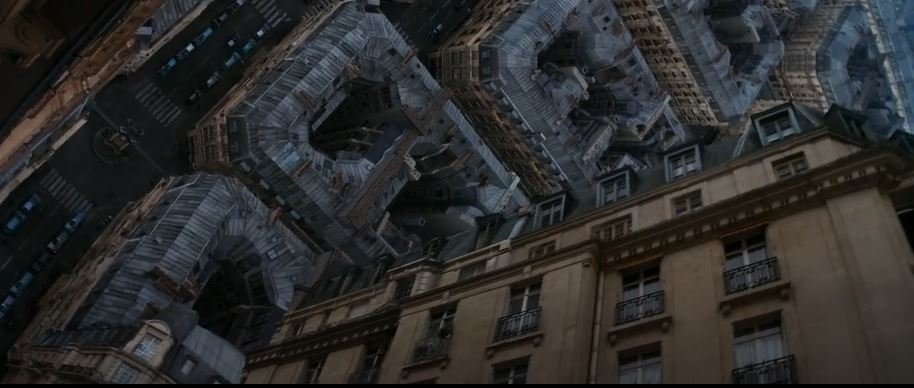


Visually, Inception is stunning. From the iconic shot of Paris folding in on itself to the zero-gravity hallway fight scene, the movie is a marvel of what can be done with filmmaking. What is even more remarkable is the way Nolan has employed practical effects rather than CGI, thereby making everything more real than life. Wally Pfister’s cinematography contributes to the dream world feel, and every second in the movie becomes visually breathtaking.
The use of practical effects, such as the rotating hallway fight scene, by the movie gives Inception a level of realism that most movies loaded with computer-generated imagery lack. This focus on practical effects adds another layer of immersion, so that the world of dreams seems just as real as the real world.
Acting Performances: A Stellar Cast
| Actor | Character | Role & Performance |
|---|---|---|
| Leonardo DiCaprio | Dom Cobb | Delivers an emotional and gripping performance as a man haunted by his past. His portrayal adds depth to the film’s psychological themes. |
| Joseph Gordon-Levitt | Arthur | The logical and composed team member, keeping a level head in the chaos. His zero-gravity fight scene is unforgettable. |
| Tom Hardy | Eames | Brings charm, wit, and versatility. His playful attitude and shape-shifting skills add a unique layer to the team. |
| Marion Cotillard | Mal | A haunting and tragic presence, embodying love and obsession with an eerie elegance. One of Nolan’s most memorable characters. |
| Elliot Page | Ariadne | The audience’s guide into the dream world, asking the questions viewers are thinking. A brilliant architect of dreams. |
Music & Soundtrack: Hans Zimmer's Masterpiece
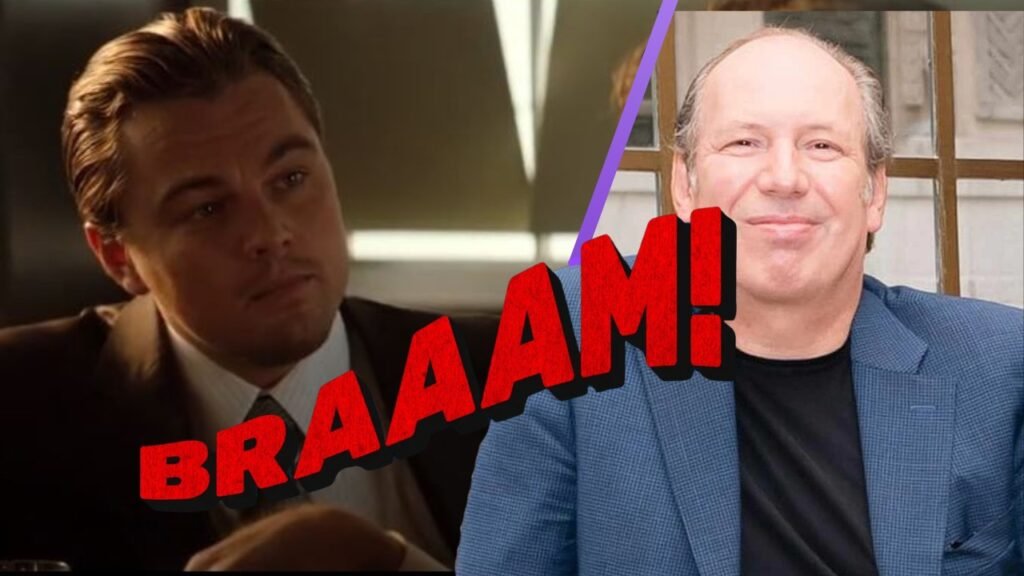
Perhaps the most indelible aspect of Inception is its soundtrack. The music of the film was composed by Hans Zimmer, especially the *Time* piece, which has since become iconic. That low, booming “BRAAAM” sound has become a de rigueur noise in movie trailers ever since. Zimmer’s score beautifully complements the tension, action, and emotional impact of the film.
Zimmer’s use of slowed-down renditions of Edith Piaf’s Non, Je Ne Regrette Rien is appropriate to the dream mechanics of the film, and thus the soundtrack is a full narrative element rather than background music.
The Science Behind Inception: Could It Be Real?
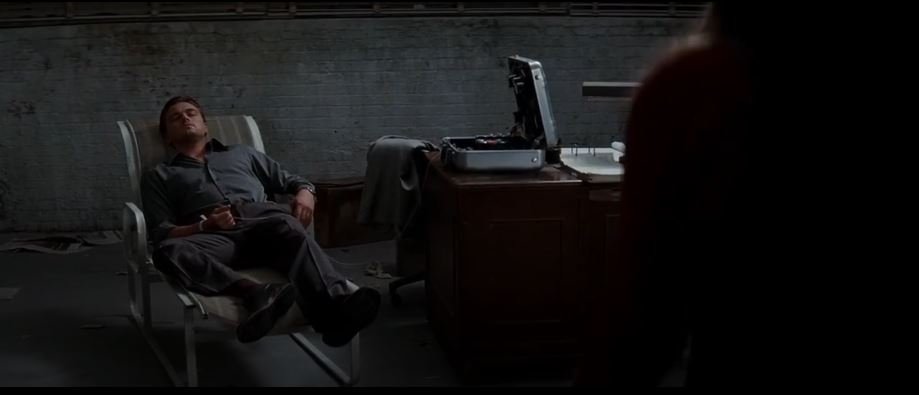
Even though Inception is a work of fiction, it is based on actual psychological theories. Lucid dreaming, which involves a person being aware that they are dreaming and is able to control their dreams, has been researched extensively. There are researchers who believe that it is theoretically possible to control a dreamer’s mind, though not as presented in Inception.
Shared dreaming, though, is only fictional. But the manner in which Nolan introduces it is such that it seems to exist according to the logic of the film.
Ending Explained (Spoilers Ahead!)

The final shot of Inception is one of the most discussed film conclusions of all time. When Cobb enters his children, he spins his totem—a top that will indicate whether or not he is dreaming or in reality. We don’t find out before the screen fades black and leaves the question on everybody’s mind: Was Cobb still dreaming?
This uncertainty is what makes Inception so effective. Some think he was awake, and others believe he was still dreaming. Nolan leaves it ambiguous, leaving viewers to make their own assumptions.
Is Inception Overrated or a True Masterpiece?
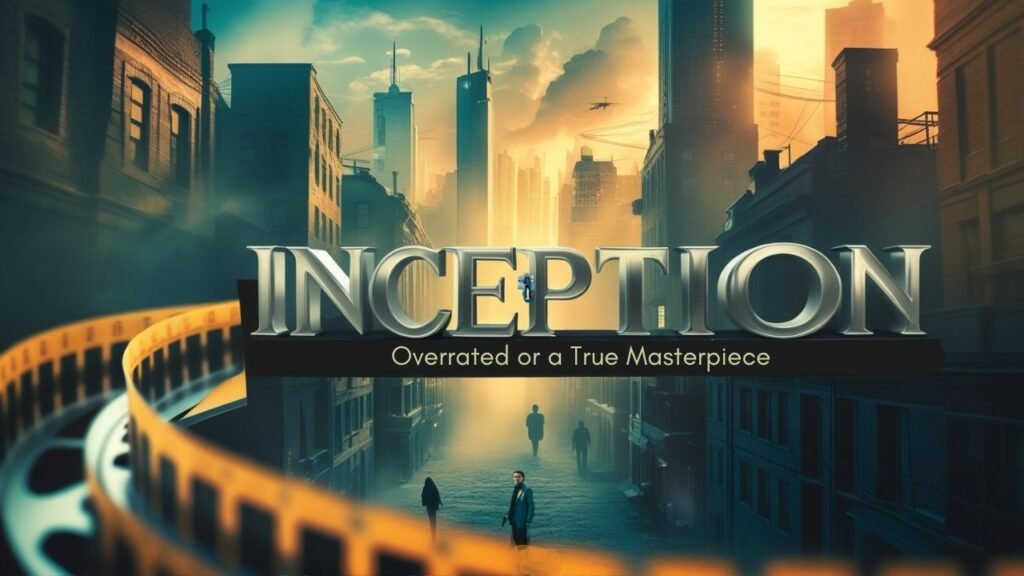
So, does Inception live up to the hype? Absolutely. Its innovative storytelling, breathtaking visuals, stellar performances, and unforgettable music make it a true masterpiece. However, if you’re not a fan of complex narratives that require full attention, it might feel a bit overwhelming.
Compared to other sci-fi classics like Interstellar and The Matrix, Inception* stands out as a unique blend of action, philosophy, and emotion
Final Verdict & Rating

Inception is a film that demands multiple views to properly embrace its complexity. Whether you watch it as a masterwork or a too-complicated puzzle, you cannot help but acknowledge its impact on modern cinema.
⭐ **Rating: 9.5/10** – A must-watch for any sci-fi buff.
What do you think? Was Cobb dreaming or in reality? Leave your thoughts in the comments below!
- FAQs
Question 1. Is Inception a confusing movie?
It can be, at least on the first watch. But the more you listen, the clearer it gets.
Question 2. What is the main message of Inception?
The film explores the concepts of reality, guilt, and the power of ideas.
Question 3. Why is Inception considered a masterpiece?
Its mix of pioneering storytelling, deep themes, stunning visuals, and iconic soundtrack sets it apart.








